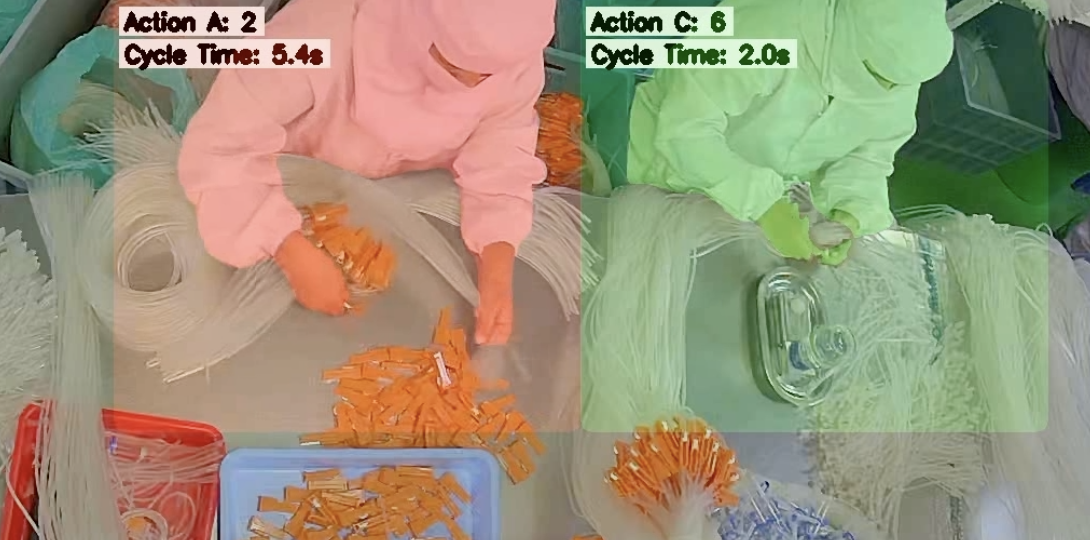You can get four Apple AirTags for a record low $68

Apple AirTags can help you find your lost items, but what if you need to keep track of more than one or two items, or you want to equip the whole family? The occasional deal on a four-pack can help a ton, especially when it’s down to $67.99 (about $31 off) Amazon, Best Buy, and Walmart. That’s less expensive than it was on Black Friday, and at $17 per unit, you’re saving a lot compared to buying them individually. However, if you only need one, a single AirTag is on sale for $22.99 (about $6 off) at Amazon, Best Buy, and Walmart right now.
AirTags are our favorite Bluetooth trackers and remain the first option iPhone owners should consider. That’s because they work with the ultra wideband radios insider newer iPhones, enabling pinpoint precision finding when you’re within Bluetooth range. They also work on the wide and secure Find My network, which uses nearby iPhones to quietly report your item’s last known approximate location so you can easily find it on a map from virtually anywhere.
AirTags can’t be recharged, but they’re some of the only trackers with user-replaceable batteries. They’re also water-resistant and surprisingly sturdy against the occasional drop. Apple continues to enhance their capabilities over time, too, most recently allowing you to share AirTag locations with family and friends, or even with business entities like airlines to help you more easily find lost luggage.
Read our Apple AirTag review.
Other deals worth a shout
- The Samsung Galaxy Tab S9 FE with 128GB of storage is starting at $279.72 (about $170 off) at Amazon in select colors, which is an all-time low price. You can also get it in other colors for around $299.99 (about $150 off) at Amazon, Best Buy, and Walmart. The mid-range tablet has a 10.9-inch LCD display with a 90Hz refresh rate and runs on the Exynos 1380, offering a good base for light gaming, entertainment, productivity, and browsing. It ships with an S Pen, too, which makes it an even better value over competing starter tablets like the iPad. You can use the S Pen to initiate Google’s Circle to Search, and enjoy other features that Samsung bakes into its Android-based One UI experience.
- If you want a solid robot vacuum that can mop, the first-gen Dreame L10s Ultra is down to $399.99 ($500 off) at Amazon, matching its all-time low price. That price puts it well under the average price of Dreame’s lineup, but the robovac still offers good cleaning performance with 5,300Pa suction. It also uses dual oscillating mops, which it washes and dries at the base before emptying and refilling itself for up to 60 days without your help. It uses AI navigation with a camera and Lidar, allowing it to automatically detect carpets and objects to adjust its cleaning properties accordingly. You can set routines and zones in the smartphone app and control it with your voice using Alexa commands. The app even lets you view the robovac’s camera feed remotely, allowing it to double as a roaming security cam or pet cam.
- The latest Nothing Ear wireless earbuds are starting at $114 ($45 off) at Amazon, which matches their best price to date. The translucent IP54-rated earbuds offer very good sound quality from their 11mm drivers, plus solid active noise cancellation performance with automatic optimizations based on your ear shape. With all of those tricks enabled, the battery lasts up to five hours, but you can go up to eight hours with ANC disabled. The Nothing Ear also support Android Fast Pair, Microsoft Swift Pair, and Bluetooth multipoint, and even have ChatGPT baked in for your AI assistant needs. Read our hands-on.















